Losing votes, losing ministers - how bad are things for the PM?
- Published
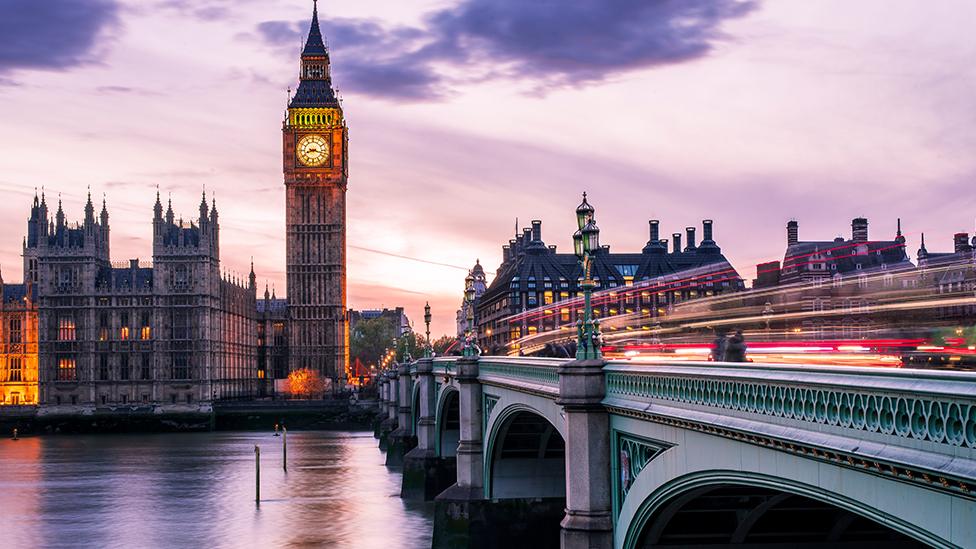
It's fair to say that Theresa May has not had the smoothest ride as prime minister.
Her job is to run the country, but really for her, it all comes down to Brexit.
That was meant to be 29 March. But the UK is still in the EU and there's still no way out which everyone can agree on.
Meanwhile, she has been repeatedly defeated in the House of Commons and has lost 20 ministers over her handling of Brexit.
Things were very different a couple of years ago.
Minority government is tough
Theresa May was riding so high in 2017 that she decided to call a general election.
The idea was to boost her position even further so she could get on with a nice smooth Brexit.
Her gamble backfired.
She ended up with 317 MPs - not enough for a majority in Parliament.
She managed to scrape together the numbers she needed by teaming up with a party in Northern Ireland called the DUP.
But they're not exactly BFFs.
They have voted against her Brexit deal and called her negotiations "lamentable".
To add insult to injury, four of her MPs have left the Conservative Party.
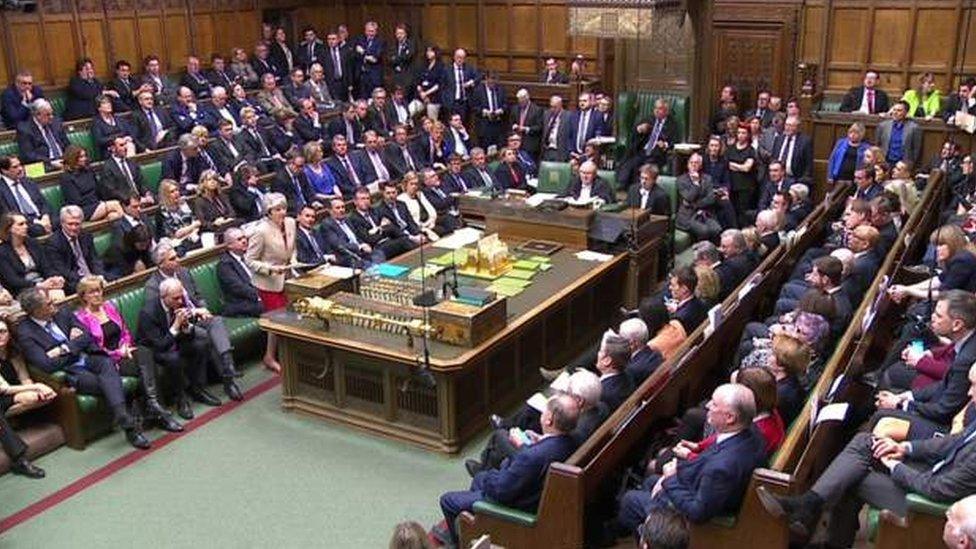
The PM facing the flak in Parliament
Biggest loser?
This means it's even harder for her to win votes.
She is losing often and losing big - and always on her core policy, Brexit.
So far this year, she has had the 1st, 2nd and 5th largest defeats in recent times.
Her government has lost in the House of Commons 23 times since December 2017.
For context, Margaret Thatcher lost four votes in her 11 years as PM.
Tony Blair had four defeats, Gordon Brown had three and David Cameron's coalition government saw six losses.
They did have solid majorities though, so it was easier for them to win.
You have to go back to the 70s to find other governments which have had more defeats.
Prime Minister Harold Wilson lost 25 times in the Commons between 1974 and 1976.
The biggest loser crown goes to Jim Callaghan though, with 34 defeats in 3 years from 1976.
Allow X content?
This article contains content provided by X. We ask for your permission before anything is loaded, as they may be using cookies and other technologies. You may want to read X’s cookie policy, external and privacy policy, external before accepting. To view this content choose ‘accept and continue’.
Ministerial merry-go-round
It's normal to have some ministers coming and going over time.
Then again it's normally the boss making those decisions - not the other way round.
But the independent research group the Institute for Government says that's been "turbocharged since the 2017 election".
Thirty-two government ministers have resigned or left their jobs.
Some were part of reshuffles or because of other political problems.
But 20 quit over Brexit.
This shows how utterly divided the party is.
And no prizes for guessing which bit of government has been the most unstable... The Department for Exiting the European Union.
Only one junior minister from the original team is still working there.
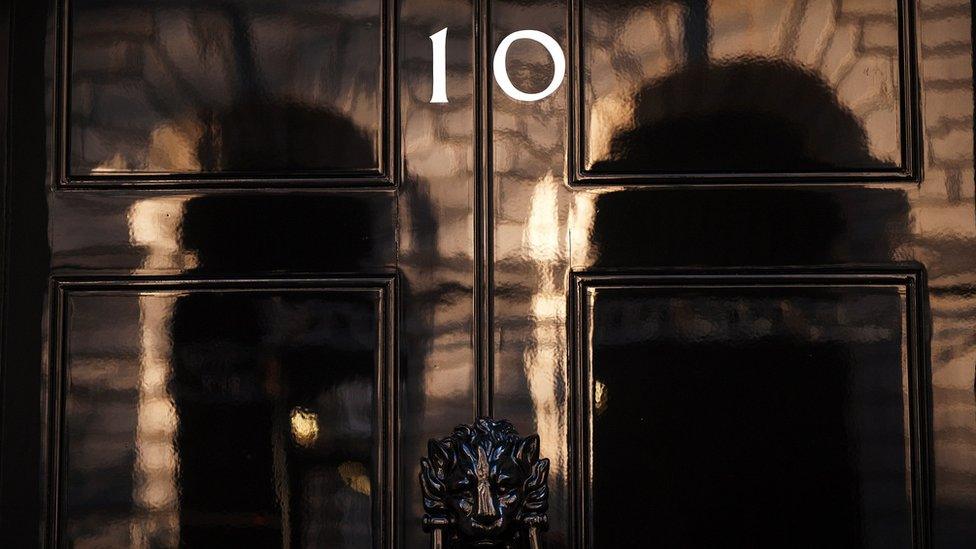
MPs running Parliament
Normally the government controls what Parliament debates and which laws are passed.
But that's been turned on its head.
MPs, including some of her own backbenchers, have taken the power to bring their own laws.
They have voted to force the PM to ask for an extension to avoid a no-deal Brexit.
Some see this loss of control as the most serious part of this Brexistential crisis.
Meanwhile, ordinary business is not getting done.
Big announcements for things like housing and education seem to have gone missing.
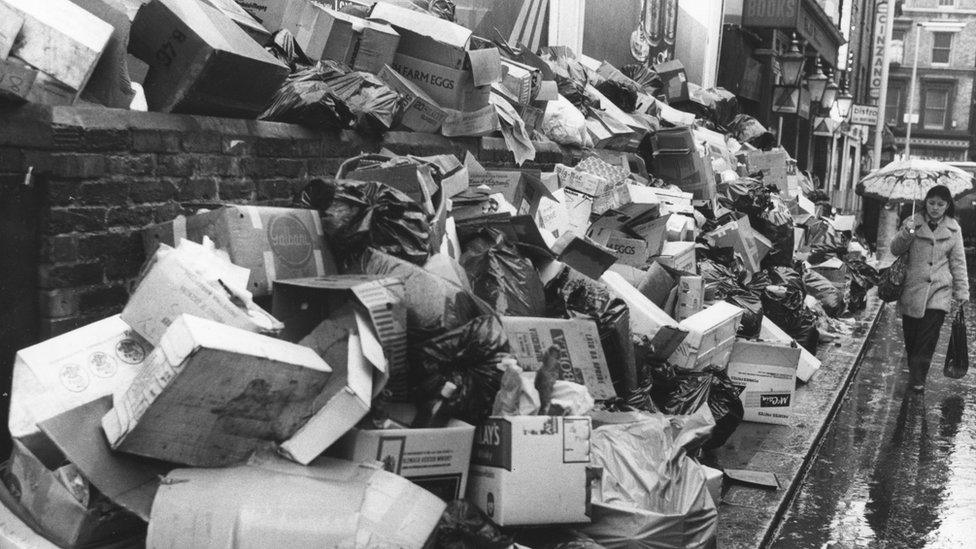
Things have been bad before though - literally rubbish
But actually....
So far, so very, very damning.
But you don't have to look far back in history to find dramatic moments of crisis that affected people in their everyday lives.
In the 1970s Britain was known as the "sick man of Europe" as it ricocheted from one financial crisis to another.
In 1974, fuel supplies got so low, businesses were put on a "three-day week".
Two years later the value of the pound plummeted and the PM Jim Callaghan had to accept a humiliating £2.3bn bailout from the International Monetary Fund.
1978 was known as the "winter of discontent" as everyone from bin men to gravediggers went on strike.
By comparison, the economy looks very stable nowadays.
Employment figures are the best since records began.
The government has launched a long-term plan for the NHS in England.
And over the last couple of years, Theresa May has generally got better polling figures than the Labour leader, Jeremy Corbyn.
So really how bad are things?
It all depends how you measure it.
And how you see the world.
And how you view Brexit.
For some the bigger picture is relatively rosy, but Theresa May's biggest focus has been Brexit.
She has not managed to deliver it on time.
She has lost control of her government and her Parliament.
But, she is dealing with an unusually complicated situation where people on both sides have passionate views.
Theresa May could well argue that it's too early to judge her yet.
If she manages to get her Brexit deal through soon, she could claim that it's all been worthwhile.
But that's a big if.



Follow Newsbeat on Instagram, external, Facebook, external, Twitter, external and YouTube, external.
Listen to Newsbeat live at 12:45 and 17:45 every weekday on BBC Radio 1 and 1Xtra - if you miss us you can listen back here.
- Published1 April 2019
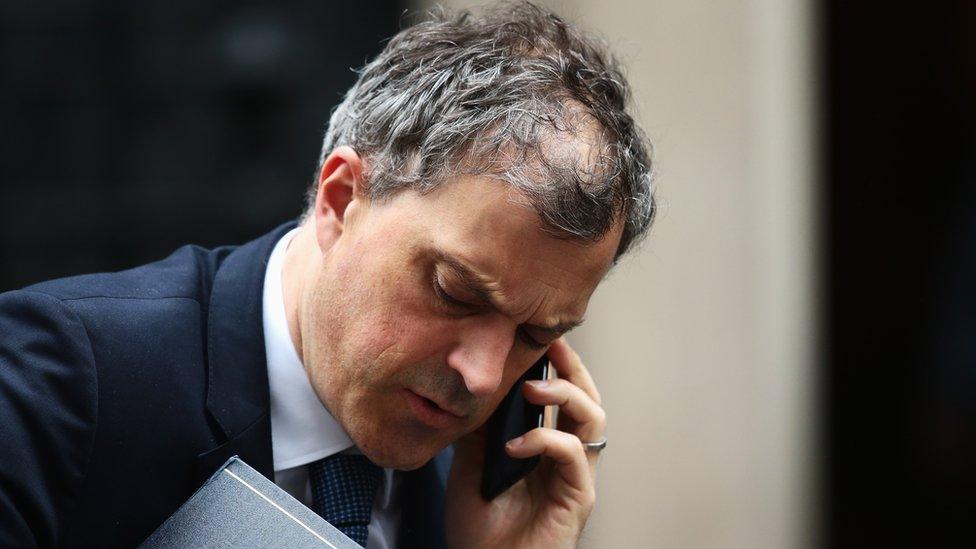
- Published11 April 2019
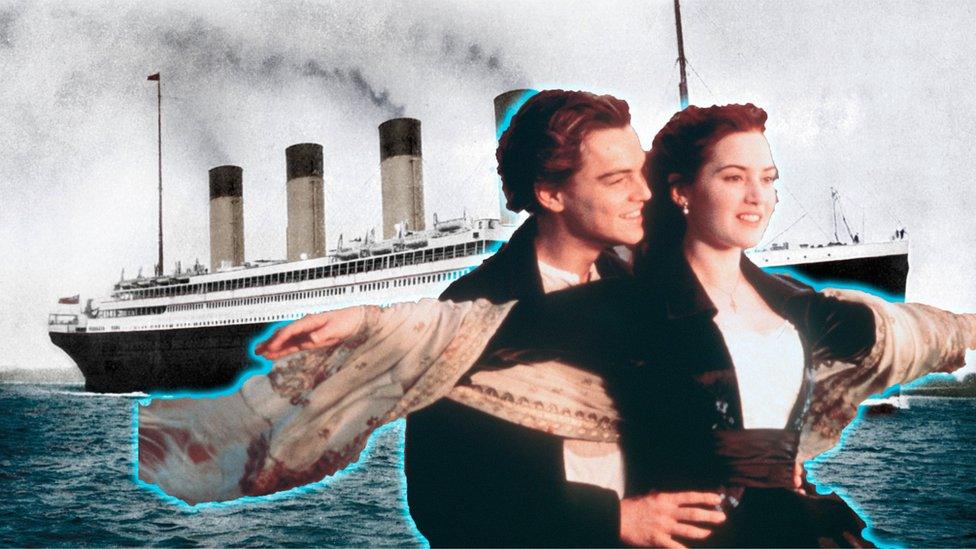
- Published5 November 2019
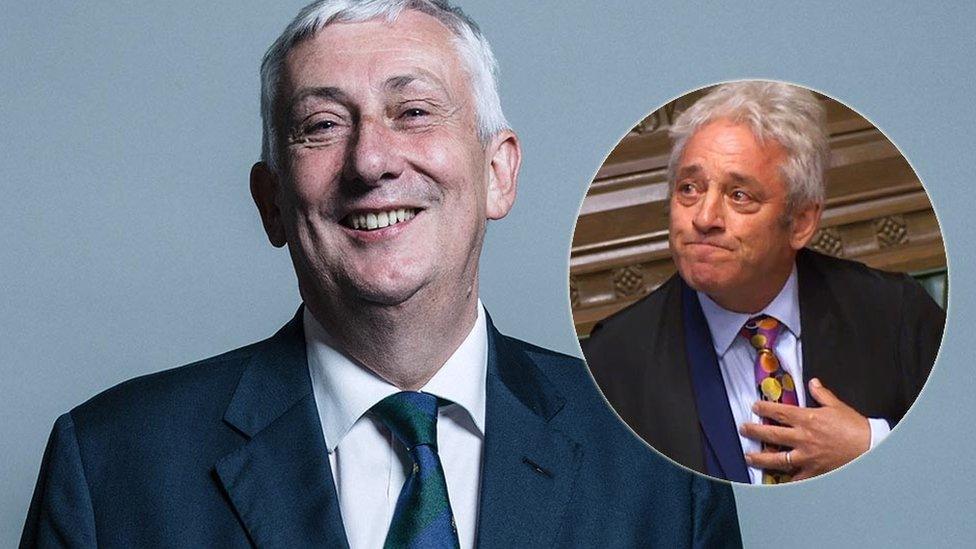
- Published2 April 2019
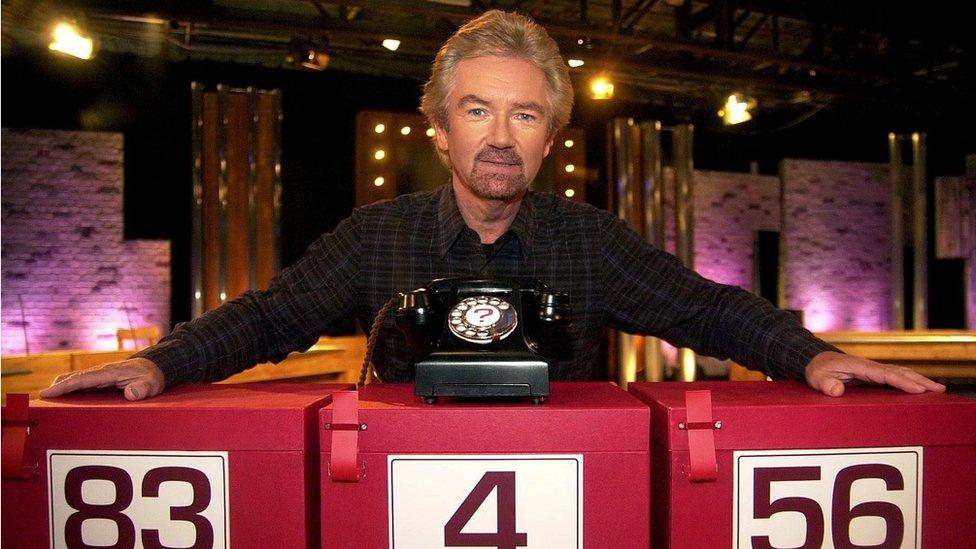
- Published11 March 2019
